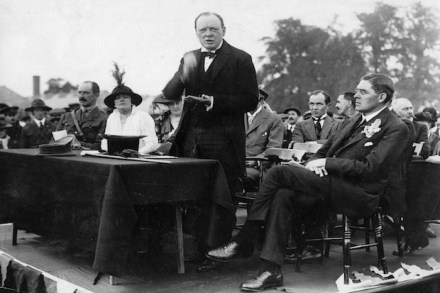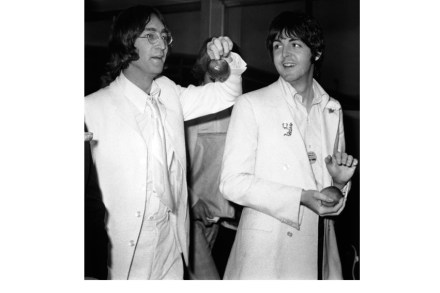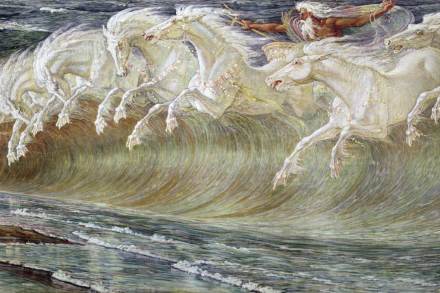Spectator books of the year: Bevis Hillier on the closest thing to a British War and Peace
Though artfully plotted and well written, some of Rachel Billington’s early novels, starting with All Things Nice in 1969, had a tinge of Mills & Boon. Reviewing one of them, Auberon Waugh wrote: ‘The hero is described as “smooth and pink”. Good: I hate green, prickly heroes.’ By the time she wrote A Woman’s Age

















